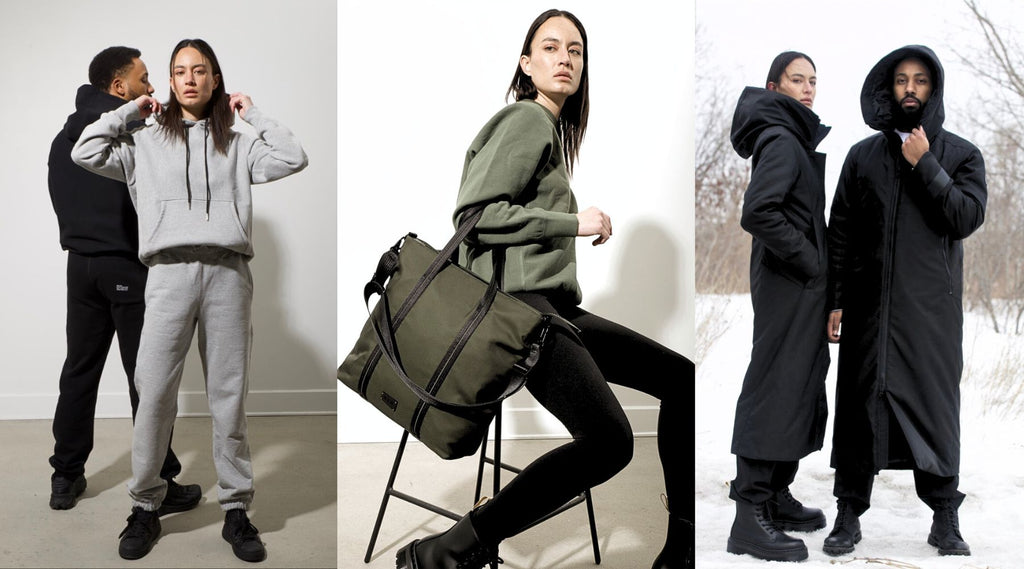
UTILITARIANISM and our contribution to the Circular Economy Community

Amidst the increasing dialogue on sustainability, utilitarianism and Japandi designs take a bigger place as a partial solution to an ongoing problem, not solely because of their aesthetic advantages, but also their production techniques that are necessarily environmentally conscious. Both concepts are not only seen in clothes but in all domains of design.
The general definition of utilitarianism applied first by the 19th c. philosopher John Stuart Mill is to pursue an action that results in the most favorable outcome for everyone, while considering future generations. To be utilitarian is to acknowledge the responsibility of our actions towards us and the community, to limit the harm posed by one’s choices.
Japandi signifies a concept of aesthetics that is more in tune with the quality of craftsmanship, simplicity, minimalism and its relationship with nature. Japandi was created once Danish artisans and designers established their first contact with Japan after the abolition of their 220-year-old closed border policies. Both the Japanese and Scandinavian population prefer living with the “less is more” motto, it was only a matter of time before one aesthetic absorbed the other to create this environmentally friendly alternative to the way we consider design.
These concepts inspired the creation of our flagship store in the Mile-End. Using second-hand materials such as repurposed seatbelts and second hand hardware to create an aesthetically functional space. Our store portrays balance and durability while still being functional for our customers. Both design concepts offer visual focus which gives a sense of harmony and calm, a minimalist utility.

Designers have undergone lengthy processes to find suppliers that accept reworking second hand material and also follow the Utilitarian ethics. This exemplifies the importance that utility brings to sustainability and a circular economy. Therefore, sustainability and utilitarianism are concepts that go hand in hand. The Utilitarian/Japandi style becomes an eco-friendly aesthetic promoting ideas of respect for the planet and one another. It groups design and functionality to provide a useful product; which helps reduce and even reuse some items.
BEDI Studios is one of those believers in the benefits of incorporating utilitarian and Japandi concepts into materials to obtain the highest level of sustainability in products. The minimalist designs in our outerwear, bags and knits feature craftsmanship that focuses on the quality locally handmade, rejects cheap structures and favors the choice of natural and simple designs. Our outerwear and bags are made of fishnets cleaning up our oceans (Econyl®) and seatbelts reducing scrapyard/landfill space.. These unused resources are meticulously brought together to get the utmost quality out of the garment in its durability and aesthetic.

Our design process is fundamentally minimalist while maximizing the functionality of our products. We reuse recycled, quality materials as much as possible to offer refurbished products which we hope find a home for life. By creating these pieces, we are reducing our environmental footprint as well as encouraging people to buy less; only the necessary; the idea of the “less is more”. Through Japandi and Utilitarian philosophy of conception we are part of a community promoting healthy habits towards the planet.
If you have questions on the Utilitarian or Japandi designs we use at BEDI Studios, feel free to contact us at contact@bedistudios.com It will be our pleasure to answer you!

















